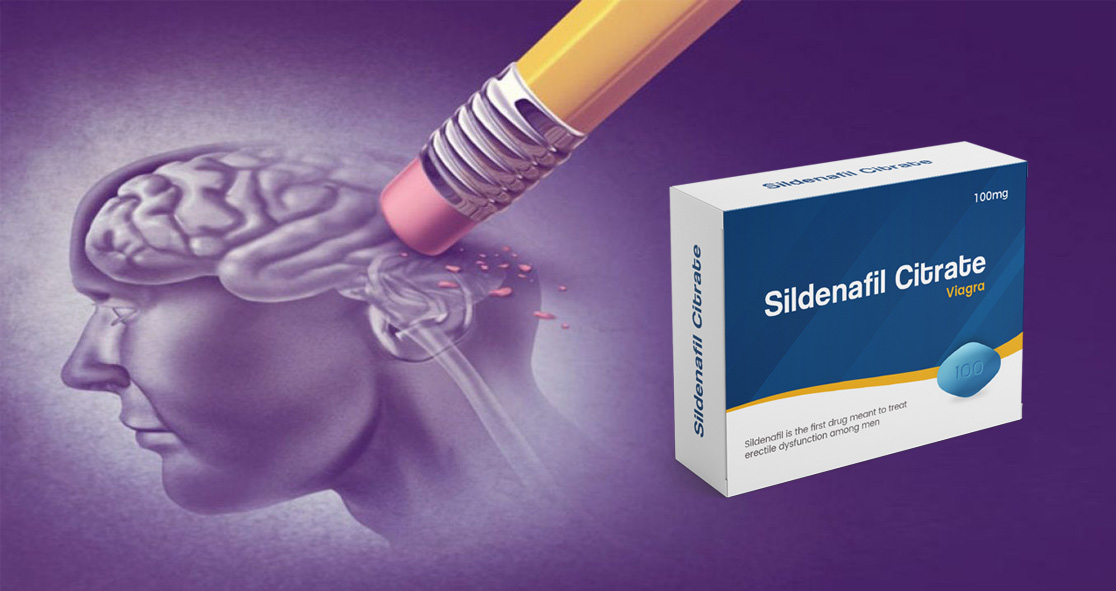A new US study, published in Nature Aging, has found that the famous little blue pill, Viagra, could be used to treat Alzheimer’s disease, according to The Guardian.
Worldwide, Alzheimer’s, which is the most common form of age-related dementia, affects hundreds of millions of people. However, there is currently no effective treatment despite the higher prevalence of the condition.
Researchers at the Cleveland Clinic used a large gene-mapping network and integrated genetic and other data to understand which of more than 1,600 FDA-approved drugs could be an effective treatment for Alzheimer’s.
The team gave higher scores to the drugs that target the accumulation of both tau and amyloid – two characteristic features of Alzheimer’s – compared with drugs that targeted just one or the other.
Lead author Dr. Feixiong Cheng said, “Sildenafil, which has been shown to significantly improve cognition and memory in preclinical models, presented as the best drug candidate.”
Sold under the brand name Viagra, sildenafil is one of the blockbuster erectile dysfunction (ED) drugs. Pfizer manufactures Viagra for the treatment of impotence in men. The FDA approved sildenafil for ED in 1998.
The researchers used a database of claims from over 7 million Americans to examine the association between sildenafil and Alzheimer’s outcomes by comparing the drug users to non-users.
After six years of follow-up, the team found that sildenafil users were 69% less likely to develop Alzheimer’s than non-sildenafil users.
The investigators further explored the drug’s potential effect on Alzheimer’s by developing a lab model that showed that Viagra increased brain cell growth and targeted tau proteins. This offered some insights into how the drug might influence disease-related brain changes.
Dr. Cheng warned that the study does not show a causal association between Viagra and Alzheimer’s. He said randomized human trials involving both men and women with a placebo control were needed to determine the drug’s efficacy in treating Alzheimer’s.
Dr. Ivan Koychev of the University of Oxford, who was not part of the study, said it was “an exciting development” because “it points to a specific drug which may offer a new approach to treating the condition.”
Dr. Susan Kohlhaas, Director of Research at Alzheimer’s Research UK, said, “Being able to repurpose a drug already licensed for other health conditions could help speed up the drug discovery process and bring about life-changing dementia treatments sooner.
“Importantly, this research doesn’t prove that sildenafil is responsible for reducing dementia risk, or that it slows or stops the disease,” she added. “The only way to test this would be in a large-scale clinical trial measuring sildenafil effect against the usual standard of care.”
Prof. Tara Spires-Jones of the Centre for Discovery Brain Sciences at the University of Edinburgh said there were several important limitations to consider. “While these data are interesting scientifically, based on this study, I would not rush out to start taking sildenafil as a prevention for Alzheimer’s disease,” she added.





















